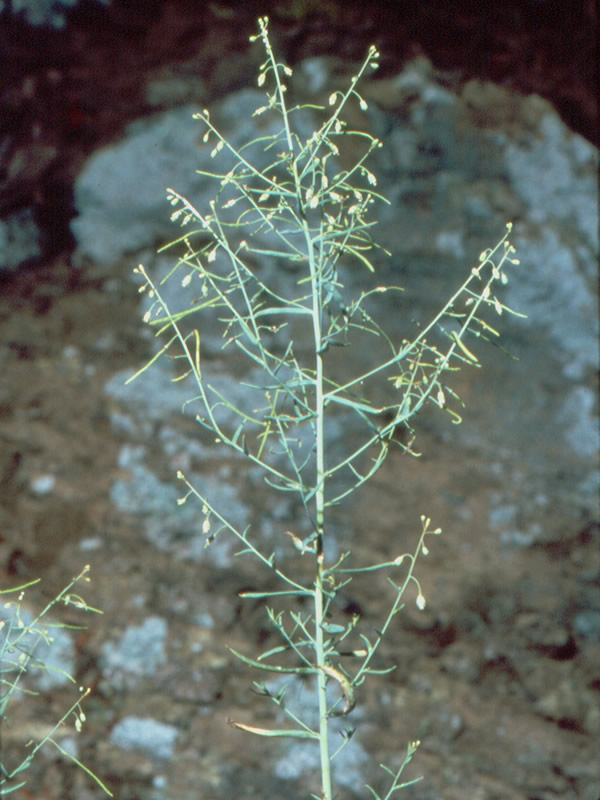
US Forest Service Allows Exceptions for Mountain Valley Pipeline
The US Forest Service (USFS) just released their Draft Record of Decision (ROD) for the Mountain Valley Pipeline (MVP). This document would allow 11 exceptions to the Jefferson National Forest Plan and adopt an amendment that would allow the destruction of old growth forests, rare species, and wetlands by the proposed Mountain Valley Pipeline.
In addition, by accepting the recently released Final Environmental Impact Statement for the MVP (FEIS) in this draft decision, the USFS has refused to fully analyze the purpose and need of the pipeline project. Also, by accepting the FEIS, the Forest Service has redused to look into any alternative that would be consistent with the current Jefferson National Forest Plan.
The Draft Record of Decision (ROD) on the Mountain Valley Project Land and Resource Plan Amendment for the Jefferson National Forest, released June 23, would adopt exceptions to the plan that were not even considered in the Draft Environmental Impact Statement (DEIS).
“The USFS has decided to adopt an alternative plan amendment that wasn’t even discussed or analyzed in the DEIS,” said Misty Boos, Director of Wild Virginia. “This deprived the public and other agencies from any consideration or any meaningful analysis.”
The Record of Decision (ROD) states that “the proposed plan amendment is needed…because the MVP Project cannot meet several Forest Plan Standards…to protect soil, water, riparian, old growth, recreational and visual resources.” (ROD, pg. 4)
The ROD allows 11 exceptions to the existing Jefferson National Forest Plan that would allow:
- Destruction of 51 acres of national forest for creation of the pipeline corridor and access roads and construction areas
- Cutting of 4.6 acres of old growth forest
- A 75 foot wide construction corridor through sensitive wetlands
- The violation of existing protection for the Appalachian National Scenic Trail viewshed
- Destruction of habitat of 22 threatened, endangered or candidate species including the Rusty-patched bumble bee, 4 species of bats, 6 freshwater mussels and 6 endangered plants
- Mitigation for impacts to be determined after the project is approved
- Upgrading 31 acres of access roads and creating .8 acres of additional workspaces
The ROD refers to Executive Order 13766 recently issued by President Trump that directs the USFS to “expedite, in a manner consistent with the law, environmental reviews and approvals for all infrastructure projects that are a high priority for the Nation, such as …pipelines.”
“It is unconscionable for the Forest Supervisor to issue a draft decision that throws the forest under the bus for the sake of this unnecessary and misplaced project,” said Dave Sligh, Wild Virginia Conservation Director. “It is based on an incomplete DEIS that doesn’t meet USFS requirements.”
“The Forest Service has the responsibility and right to reject the FEIS and this project. So far, it has done neither,” said Wild Virginia President, Ernie Reed.
The proposed amendment must be either accepted, rejected or modified, before the Bureau of Land Management can issue or deny a right of way grant for the project
The Mountain Valley Pipeline will also adversely affect many endangered or threatened species, including:
Rusty Patched Bumble Bee (Bombus affinis)

Gray Bat (Myotis grisescens)

Northern Long-eared Bat (Myotis septentrionalis)

Roanoke Logperch (Percina rex)

Running Buffalo Clover (Trifolium stoloniferum)

Small Whorled Pogonia (Isotria medeoloides)

Virginia Spiraea (Spiraea virginiana)

Shale Barren Rock Cress (Arabis serotina)

The MVP Project is proposed to cross the Jefferson National Forest in Giles and Montgomery Counties in Virginia and Monroe County, West Virginia.